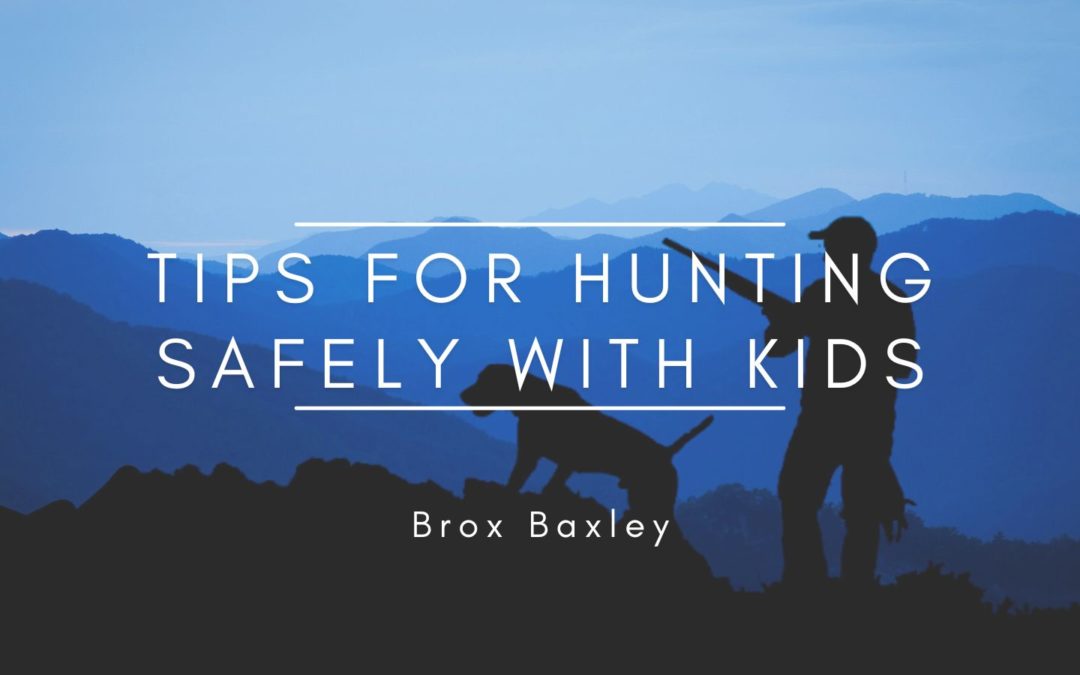If you like hunting, you will likely introduce it to your children. Spending time with children in nature, imparting knowledge about hunting, and preparing them for reality are all crucial components of a successful hunt with kids.
Safety should come first, regardless of the kids’ ages or skill levels. Hunting safety and education are critical issues that should not be taken lightly. Children involved in hunting or near weapons should be instructed on safely handling, storing, and using them. Remind them every time you go hunting and reinforce these rules. You serve as both a role model and a gatekeeper as a parent.
New hunters should start modestly. The proper equipment is crucial for safety, as well as for enhancing confidence and control. Toy bows and air rifles are excellent methods to introduce weapons to your young hunter securely. With air rifles, children learn how to properly use a weapon, attend a hunter safety course, and receive certification.
Instilling a solid respect for the prey you’re hunting is also crucial. Allow your children to watch you clean your kills when they are young. This allows you to explain to them where meat originates and that the animal from which it comes was once alive. As a result, kids can relate the food on their dinner table to the animal they observed.
Let them run around the house blowing on a duck call to pique your kids’ interest in hunting. Help them appreciate nature by stopping and listening to animal sounds when outside, then use calls to imitate the noises at home. It will be much simpler to teach them how to utilize the call in real life once they have been playing with it.
Planning is essential because of all the variables that come with the various sorts of hunting. Set expectations before the search so that youngsters know what to anticipate. It may be a huge disappointment to first-time hunters to realize that hunting is slower and more complex than it may appear. As you prepare and pack, talk to them about your intentions. Prepare them mentally and physically to handle the chilly weather. Remind them that they must be extremely still, quiet, and patient. Discuss a strategy for spotting an animal and what to do next once it has been killed.
That being said, remember that these hunting experiences are for children. Follow their lead rather than the other way around. When you go hunting with kids, let go of any expectations. Hunting with young children may be challenging and often yields poor results in the traditional sense. You may not bring any meat home. Children are boisterous, clumsy, curious, and full of questions. You may need to rethink your expectations around what a successful hunt means to you to prevent yourself from being upset with them or disappointed in the hunt.

